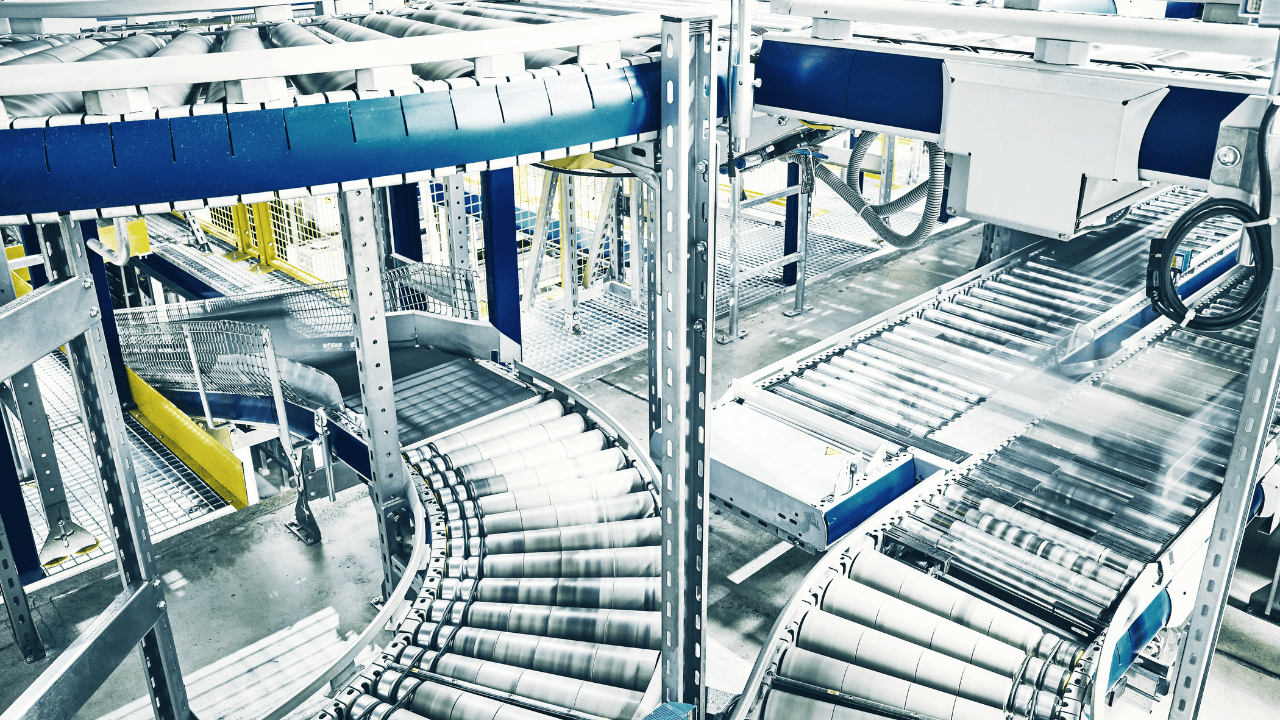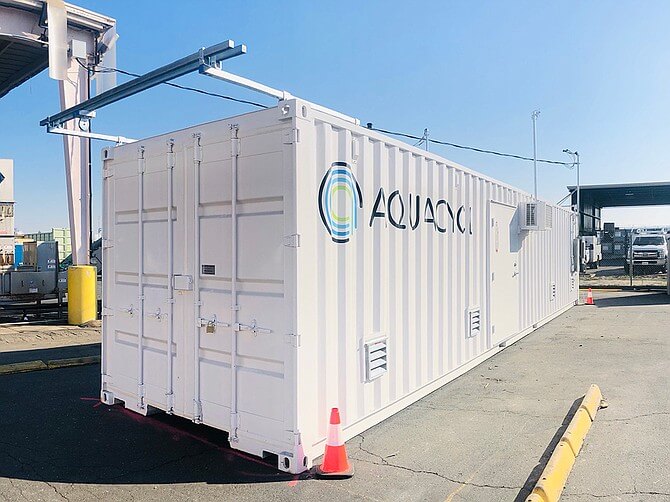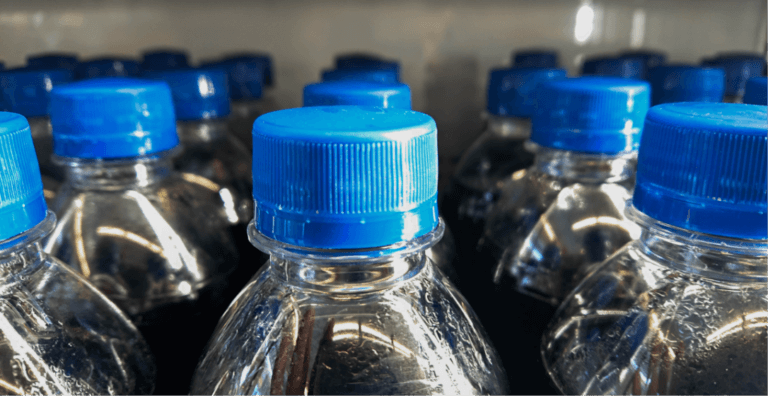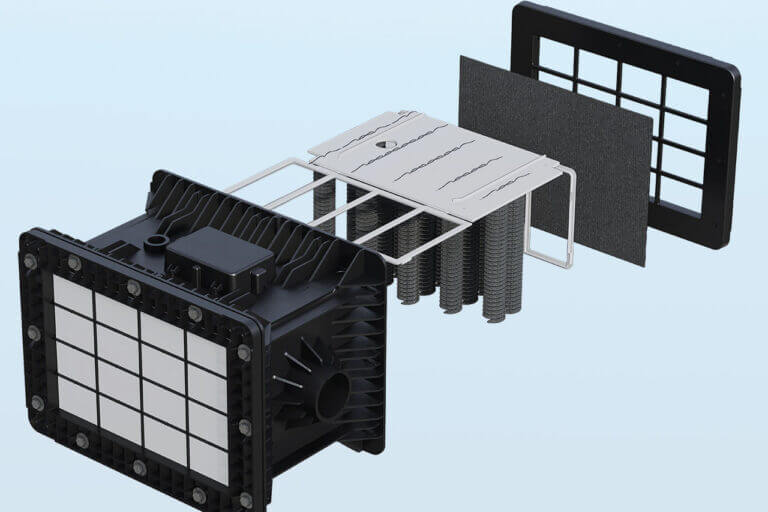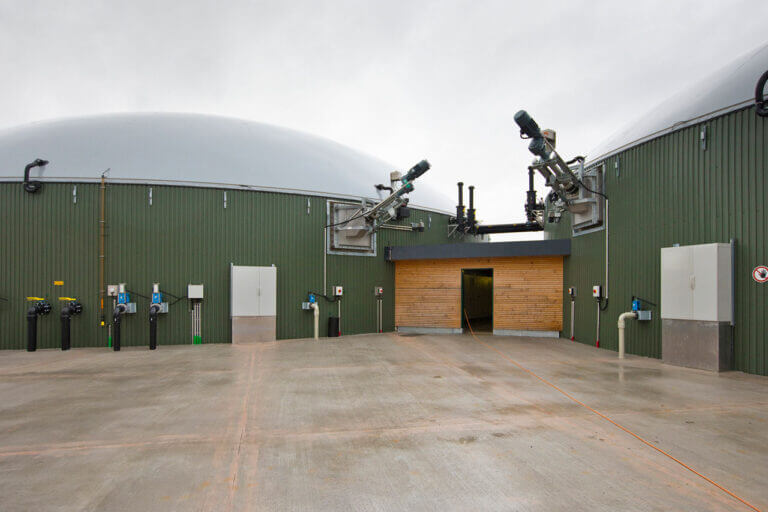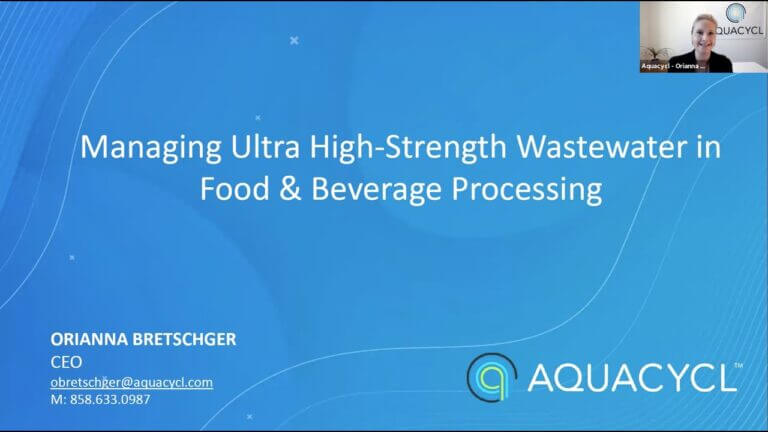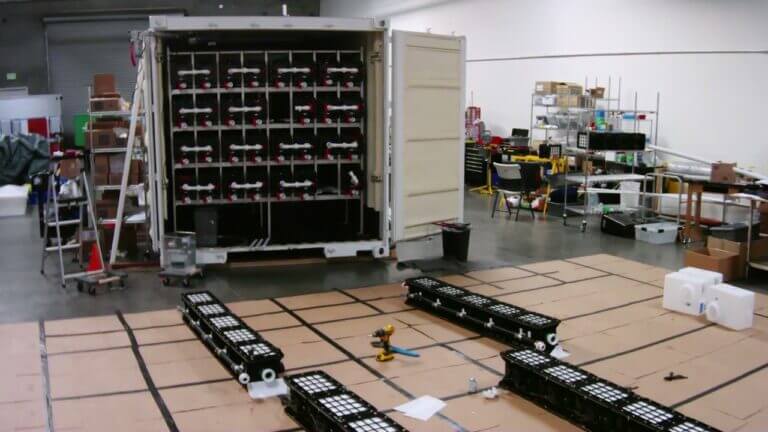Production changes are inevitable in any manufacturing facility. Whether you’re changing or expanding a product line, moving to a new location, scaling up or down, or dealing with seasonal variations, these shifts have a significant impact on every aspect of your operations, including your wastewater management.
While meticulous planning goes into the changes in production, the effects on the wastewater generated are often not given the same consideration. Yet, the wastewater you discharge is directly tied to your production activities, and any change in production will result in changes to your effluent. If not properly managed, these changes can lead to increased costs, compliance issues, and/or potential risks to your business.
In this blog, we’ll explore how production changes affect your wastewater and offer strategies to minimize risks while ensuring sustainable, long-term growth.
Understanding the Impact of Production Changes on Wastewater
1. Increased Production: More Production, More Wastewater
When your business expands—whether by increasing production capacity, introducing new product lines, or upgrading facilities—the volume and composition of your wastewater will also change. Larger volumes of wastewater often lead to increased treatment costs, potential overloading of existing treatment systems, and the need to explore different treatment options.
However, a linear approach to scaling up your existing wastewater treatment processes to match production growth isn’t always the best method. Instead, consider flow segregation as a strategy to manage wastewater more efficiently. By separating high-strength wastewater streams from lower-strength ones, you can target treatment efforts where they are most needed, handling smaller volumes at a time, reducing overall treatment costs and equipment requirements, and improving efficiency. This approach allows for continued growth without unnecessarily allocating funds on wastewater management.
2. Downsizing: Managing Wastewater with Modular Systems
Conversely, when production decreases or processes are streamlined to reduce water usage, the amount and concentration of wastewater will also change. Downsizing operations might seem to simplify wastewater management, but it can introduce its own challenges. Wastewater treatment systems designed for higher volumes might become less efficient or require higher chemical or energy consumption when handling reduced flows.
Modular wastewater treatment systems, such as the BETT® system, offer a flexible solution in these scenarios. These systems can be easily adjusted to accommodate changes in production, allowing you to add or remove treatment capacity as needed. Additionally, modular systems can be relocated to new facilities if your production site changes, providing long-term flexibility and cost savings.
3. Variable Production: Handling Variability in Both Concentration and Volume
When production levels fluctuate—whether due to changes or problems in product lines, raw materials, or seasonal demands—both the concentration and volume of pollutants in your wastewater can vary significantly. This variability poses a challenge, as most wastewater treatment systems can only handle consistent and constant flows. Sudden changes can strain these systems, leading to inefficiencies, increased costs, and even non-compliance with regulatory standards.
Investing in a flexible and resilient system will ensure that your wastewater treatment processes remain efficient, even when faced with changing production conditions. Additionally, incorporating real-time monitoring and adaptive treatment technologies can further enhance your system’s ability to manage variability. Real-time monitoring enables timely adjustments to treatment processes, while adaptive treatment technologies automatically respond to changes in wastewater characteristics, ensuring consistent compliance with regulatory standards.
Strategies for Sustainable Growth and Efficient Wastewater Management
1. Plan Ahead for Wastewater Management
Effective wastewater management should be an integral part of your production planning process. When considering any production changes, assess how these changes will impact your wastewater generation. You may require new permits following changes in wastewater discharge, so it’s best to start the conversation with your city regulators early. This proactive approach will help you avoid unexpected costs, compliance issues, and operational disruptions.
2. Invest in Scalable and Flexible Treatment Solutions
Investing in scalable and flexible wastewater treatment solutions, such as modular systems, can provide the adaptability needed to handle production changes efficiently. These systems not only offer cost savings but also reduce the business risks associated with variations in wastewater.
3. Consider Flow Segregation for Targeted Treatment
Flow segregation is a powerful tool for managing wastewater in a cost-effective and sustainable manner. By segregating high-strength and low-strength waste streams, you can tailor treatment processes to each stream’s specific needs. This approach minimizes treatment costs, reduces equipment requirements, and optimizes resource use, allowing your facility to grow without overwhelming your wastewater management capabilities.
4. Embrace Innovation in Wastewater Treatment
Advances in wastewater treatment technology, such as real-time monitoring and adaptive treatment systems, offer new opportunities to manage wastewater more effectively. These innovations enable a low-risk option to respond quickly to changes in production, ensuring that your wastewater consistently meets regulatory requirements and environmental standards.
For more insights on innovation in the water space, read this blog.
Making Handling Changes in Production Simpler
Remember, wastewater management isn’t just about compliance—it’s about ensuring the long-term success and sustainability of your business. By planning ahead and investing in the right technologies, you can turn wastewater management into a strategic advantage that supports your company’s growth and goals.
Aquacycl is here to make handling these changes in production simpler. We can provide a full analysis of your discharge processes and recommend solutions for stream segregation as well as modular, onsite wastewater treatment as a service, so you don’t have to worry about how your wastewater will be affected by changes in your production—we handle it for you. With our resilient plug-and-play system, there is no downtime to handle any production changes.
You already have enough to worry about when managing production changes. Take wastewater off your plate and schedule a complimentary consultation with Aquacycl.


